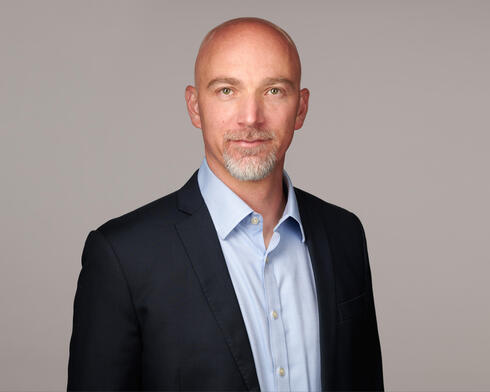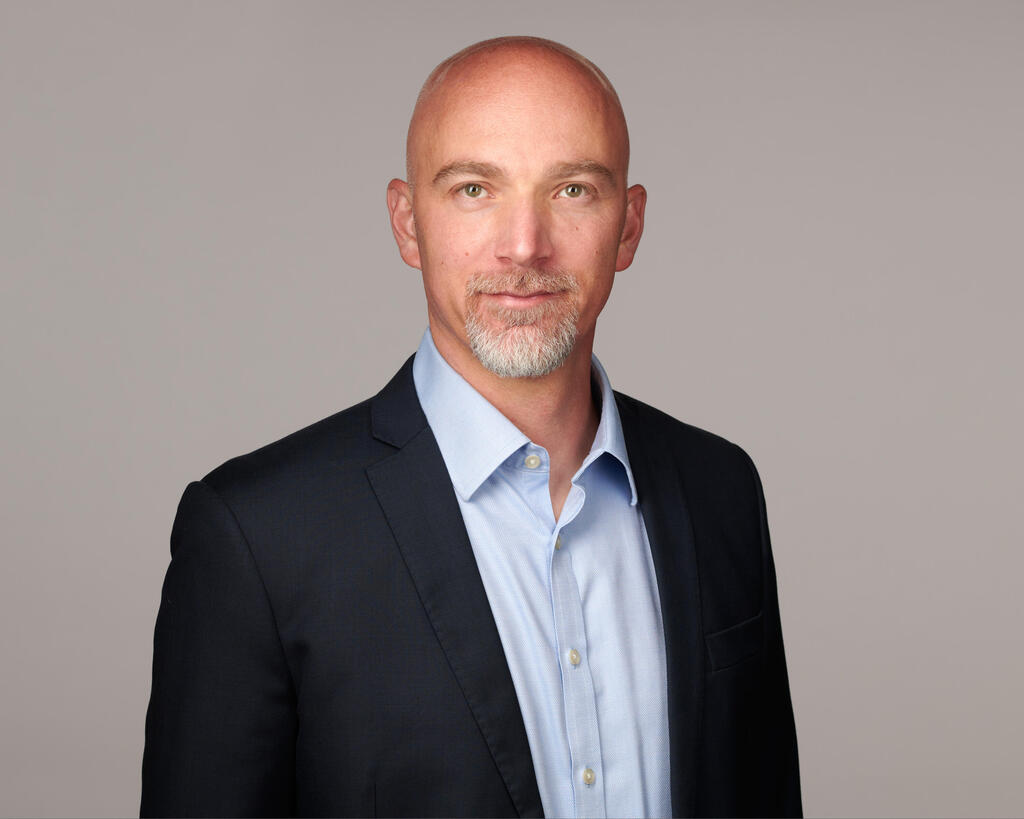
"We are very connected to entrepreneurs here, so expanding the presence was only natural"
Gerry Livnat, Managing Director of Rothschild & Co's Wealth Management Representative Office in Israel, has big hopes for the firm's Israel office
"The exits may be moving further away in light of the situation in the markets, but the Israeli market is of interest to us not for one or two years, but for the long term. In recent decades, there has been rapid wealth creation and growth in Israel. Moreover, we are following a fantastic period of low interest rates that generated a tremendous amount of startup investments here. The effects of these investments will also be seen in the coming years," said Gerry Livnat, Managing Director of Rothschild & Co's Wealth Management Representative Office in Israel.
Livnat was speaking as part of Calcalist's Innovation Week. Rothschild & Co. began operating in Israel in 2022 with the opening of a wealth management office that includes managing investment portfolios for affluent clients. "The new office joins the activity of global consulting in mergers, acquisitions and IPOs that had already existed in Israel for more than a decade," added Livnat, "We are very connected to entrepreneurs here, so expanding the presence was only natural."
Referring to the question about the levels of exposure to investment in innovation and technology in the clients' investment portfolios, Livnat believes that there will be a significant presence for the sector despite the 33% fall in the Nasdaq index last year and pessimism regarding technology stocks for the coming year: "There was an unusual period and now we are in the period of normalization of interest rates. But if we look back in a few years at this decade, we will see how technology became integrated in almost every industry. We used to go to the HMO, but today everything is in apps. In the financial sector, which is always limited by regulations, suddenly we found ourselves very technologically advanced. The technology will no longer be lacking because it is integrated into every industry and will therefore always be part of every investment portfolio," said Livnat.
Regarding the broader investment strategy of Rothschild & Co., Livnat's words show that there is a shift to more conservative investments than in the past, but nevertheless they still maintain exposure to the more innovative sectors. "At the moment there is a big return of bonds. It is an investment channel that hardly existed in the past years in the clients' portfolios," he said. "There is a return to conservatism and in such a time we are looking more at companies from the healthcare sector, the financial sector, which becomes more attractive in a period when interest rates are rising, but also in technology. We recommend stocks of e-commerce companies and believe that growth there will continue. Despite the return of shoppers to physical stores after the pandemic, we see that people have gotten used to buying online. Alongside this, we also believe in the strength of the defensive cyber industry against the backdrop of a forecast that cyber crimes will triple themselves in the next five years and the damages will reach $25 billion."
Alongside marketable investments, an integral part of capital management is also investment in non-marketable assets. Serial entrepreneurs who have already built their capital tend to invest a considerable part of their portfolio in other startups, often of their former employees or members of the ecosystem.
In the coming period of slowdown in high-tech investments, isn't this too risky an investment?
"We are building a strategy for the preservation of capital and its long-term management. Startups often like to invest in friends' startups or in fields they are familiar with, but we will usually recommend that they do so in moderation. The recent crisis of 2022, proved that one should not be focused on one company or sector, but spread and manage the risks appropriately. However, we do not recommend our clients exit such investments, because there are still opportunities there, perhaps even more attractive today. But it should be combined with more traditional investment portfolios."














